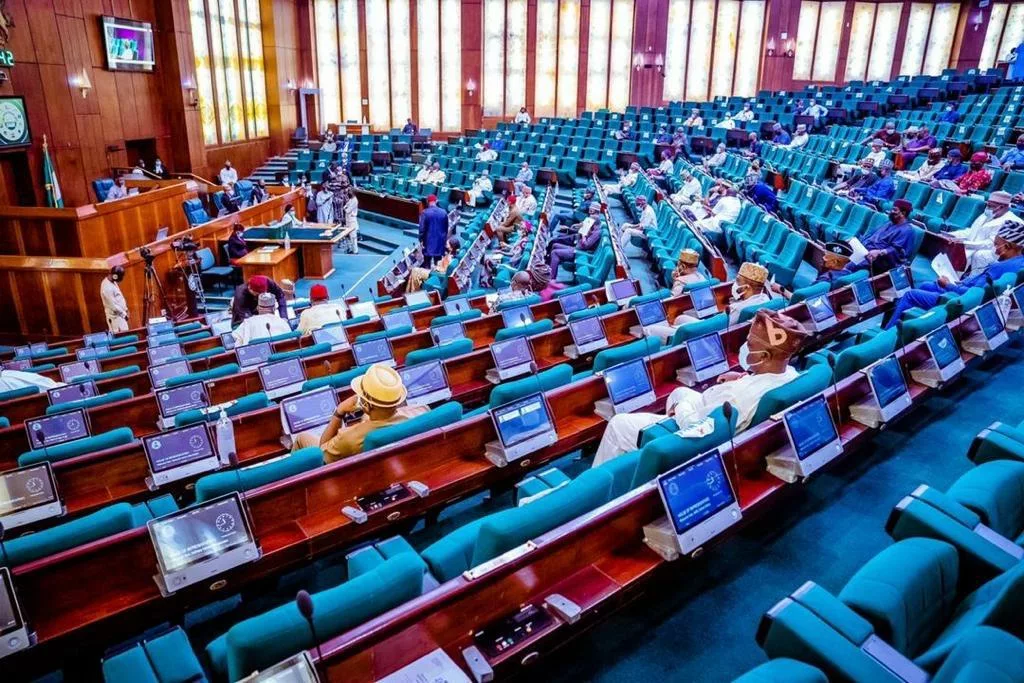In a bid to modernise Nigeria’s financial governance framework, the House of Representatives Committees on Finance and Public Assets have proposed significant changes to the Ministry of Finance Incorporated (MOFI) legal structure.
During a public hearing held in Abuja on Tuesday, lawmakers reviewed a bill aimed at repealing the current MOFI Act, Cap M229, Laws of the Federation of Nigeria, and replacing it with a new legislation that would establish a more transparent and accountable framework for managing public investments.
Speaker of the House, Tajudeen Abbas, highlighted the critical nature of the reform, stating that the review is essential to bring Nigeria’s financial laws in line with global standards. He acknowledged MOFI’s historical significance since its inception in 1959, but pointed out the agency’s repeated shortcomings in fulfilling its duties effectively.
“Over the years, the agency has not lived up to expectations in maintaining transparency and ethical standards. This hearing allows all stakeholders to play a role in shaping a more robust financial legal architecture that reflects the dynamics of today’s economy,” Abbas remarked.
The proposed overhaul comes as part of a broader legislative initiative to revisit outdated financial statutes and promote greater accountability in public sector asset management.

James Faleke, Chairman of the House Committee on Finance, echoed similar concerns, particularly criticizing the transfer of public assets to private individuals through informal channels. He underscored the need to grant MOFI stronger statutory backing to curb such practices and reinforce institutional integrity.
“The agency is meant to manage government investments, financial interests, and related commitments, but we’ve seen deviations from this mandate,” said Faleke. “This legislation aims to correct those lapses by anchoring MOFI’s functions in international best practices.”
Faleke added that inputs from financial experts, regulatory authorities, and members of the public would be instrumental in shaping a new MOFI framework that ensures sustainable revenue generation and fiscal resilience.
The legislative hearing marks a decisive moment in Nigeria’s economic reform journey, with lawmakers pledging to draft a law that not only meets current realities but also safeguards national financial interests in the long term.




